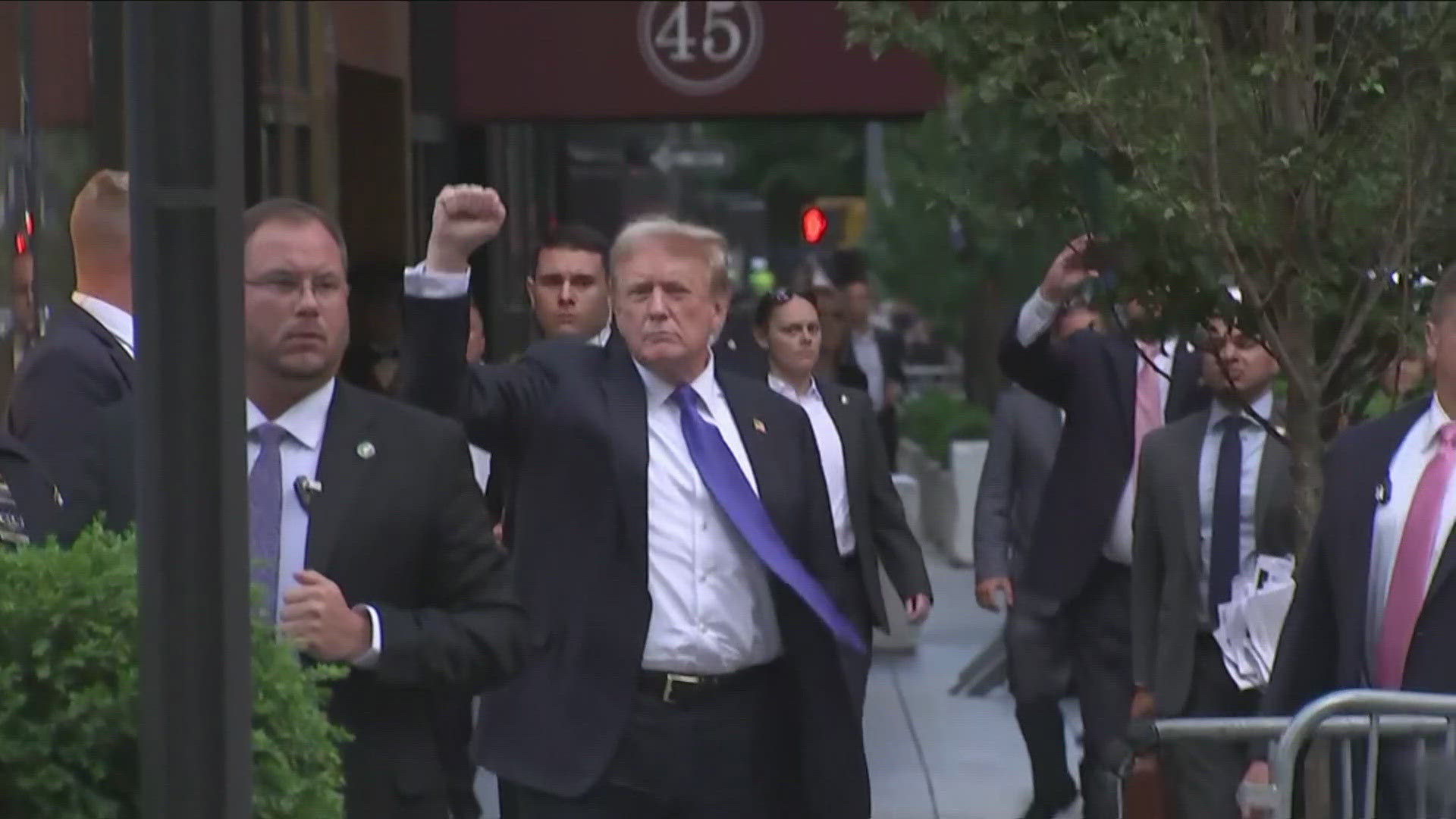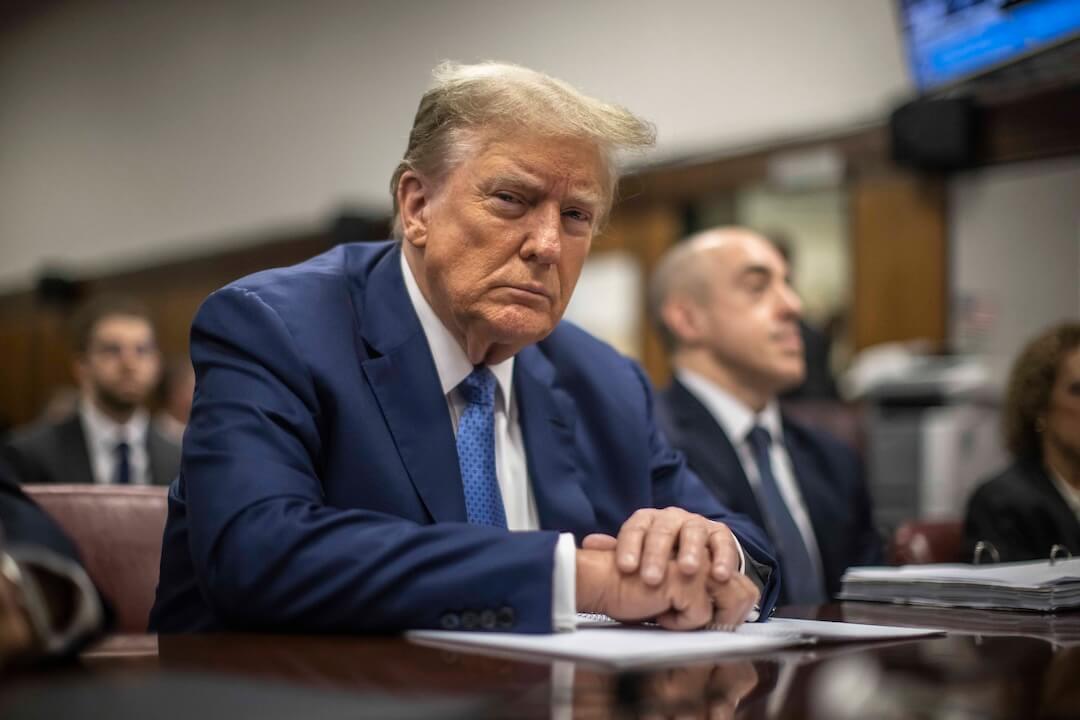Donald Trump has made history as the first former U.S. president to be convicted of a crime. However, this unprecedented event does not preclude him from running for president again. Despite his conviction on 34 counts of falsifying business records, Trump remains eligible to seek a return to the Oval Office. The conviction stems from his alleged cover-up of payments made to his former lawyer, Michael Cohen, who in turn paid $130,000 to porn star Stormy Daniels to keep quiet about an alleged affair ahead of the 2016 election. Trump has denied any involvement in the alleged affair and is expected to appeal the verdict.

Constitutional Qualifications for Presidency
The U.S. Constitution sets forth three primary qualifications for presidential candidates: they must be “natural born” citizens, at least 35 years old, and residents of the U.S. for at least 14 years. There is no stipulation that a candidate must be free of criminal convictions. Historically, a few presidential candidates have campaigned after being indicted or even convicted. Notably, Socialist candidate Eugene V. Debs ran for president in 1920 while imprisoned for sedition. Similarly, former Texas Governor Rick Perry ran for president in the 2016 Republican primary despite facing indictments, although he eventually dropped out of the race. Thus, Trump’s conviction does not legally bar him from pursuing another term in office.
Potential Sentencing and Its Impact
Judge Juan Merchan has scheduled Trump’s sentencing for July 11. Until then, Trump remains free, and he will likely stay at liberty until the election. Given that this is his first conviction and the crime is non-violent, his sentence could be as lenient as probation. Even if a jail sentence is imposed, Trump could delay serving time until the appeal process is complete. This delay would allow him to continue his presidential campaign without immediate incarceration.
State Laws and Voting Rights
Legal experts suggest that states are unlikely to succeed in passing new eligibility requirements for presidential candidates. The U.S. Supreme Court has already dismissed attempts by several states to disqualify Trump based on the 14th Amendment, which bars individuals who have engaged in insurrection from holding office. The Court’s decision aims to prevent a fragmented state-by-state approach to presidential eligibility.
Regarding voting rights, the diverse state laws for convicted felons could affect Trump’s ability to vote for himself. However, Florida, where Trump is registered to vote, permits felons to vote if the state of their conviction allows it. Since New York only revokes a felon’s voting rights during imprisonment and Trump may avoid jail time, he will likely retain his voting rights and remain eligible to vote in the upcoming election.

Donald Trump’s conviction marks a significant moment in U.S. history but does not obstruct his path to potentially reclaiming the presidency. As he navigates the legal and political landscape, his supporters and detractors alike will closely monitor the developments leading up to the next presidential election.
